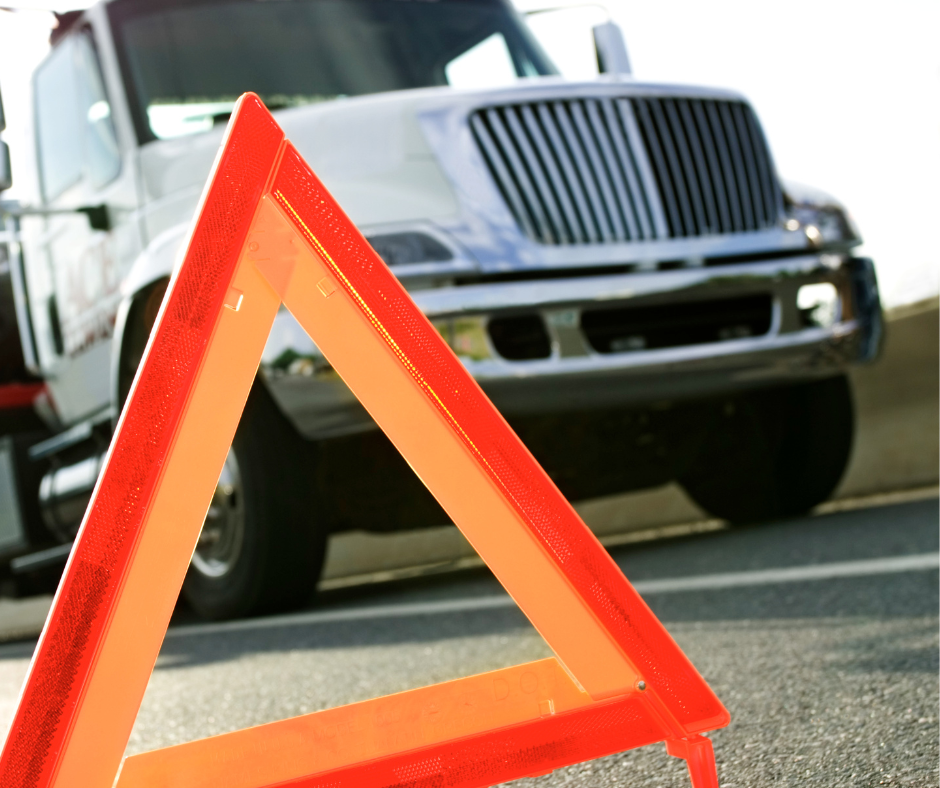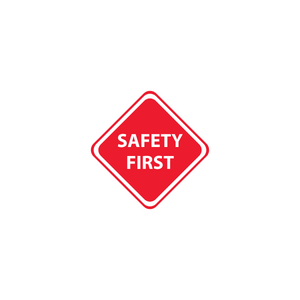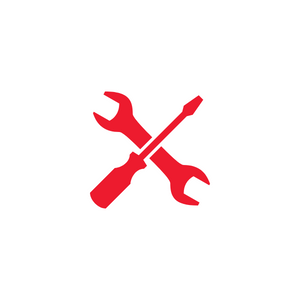
Truck accidents happen. It’s an unfortunate reality in our world. Every fleet manager or business owner running trucks has had or will get this call. Be sure you know the steps to take in managing accidents – from incident all the way to getting your truck back in operation. Whether the truck driver is at fault or not, it’s important that you and your drivers know what to do.
That’s why we’ve developed this quick list of steps to take as soon as you get the call. This is not legal guidance, simply steps our own safety and fleet managers take with our own fleets and drivers.

Safety-First Mindset: First and foremost, instill a ‘safety first’ mindset and company culture by training and continually discussing the importance of safe driving habits with everyone in the organization. Preventive measures to a long way.

Call for Help: Any accident needs to be reported promptly to the police, so be sure drivers never leave the scene of an accident. Be sure you include a request for an EMS or ambulance if needed. Then the next call should be to dispatch, fleet management or safety – whomever is the one in your company to manage the incident.

Check for Hazards: If the driver is uninjured and able to, they should quickly check the vehicle for any leaks for the engines or fuel tanks, or any spills from hazmat elements in the cargo being transported.

Protect Yourself: It’s human nature to want to explain yourself or a situation when you are in a stressful predicament. But too much information isn’t always a good thing when it comes to managing accidents. Train your drivers to protect themselves and be cautious when responding to law enforcement at the scene. Stick to the facts about how the accident happened. Don’t add in any commentary, opinions, or admission of guilt. As much as possible, wait for company representation, legal counsel or a insurance resource. Remember, anything said or recorded in reports can be used in court.

Gather Witnesses: Once the scene is secure, look around and gather witnesses when possible. Point them out to the police so they can gather their point of view.

Avoid Social Media: An accident on company time is a private matter, so request drivers do not share any comments, photos, or videos on any social platform. Yes, call or text a family member so they know you are ok, but nothing should be published publicly. Public statements can easily become evidence.

Accident Report Form: The key tool for managing accidents is a standard report form. Be sure you have an accident report form handy in every vehicle in your fleet. Keep it with all the other documentation, and train drivers where it is and how to use it. You may have something available from your insurance company, or you can create your own. Be sure it includes:

Driver Care: Accidents can be very emotional events, especially if other people are injured or worse. Remove the driver from operations until they are emotionally ready to get back behind the wheel. Provide reinforcement safety training too, so they understand their role in the organization when it comes to safety.

Truck Repair: Your vehicles are the lifeblood of your operation, so you need to have a plan for replacing and/or repair. If you haven’t dealt with a commercial vehicle accident, you’ll find the repair and replacement process much more unique than a personal vehicle. You need a reputable repair shop that specializes in commercial truck repair. Even the smallest fender-benders could cause underlying damage that could render the vehicle unsafe.

Insurance Help: You’ll need repair estimates for insurance, coordination of insurance claims, determination if the truck is repairable or totaled. The most reputable repair shops can manage all this for you, even before they put a wrench to the truck.

Temp or Replacement Trucks: Whether the damage is determined to be fixable, or if its totaled, you still have a business to run. You should partner with a commercial truck dealership structured to handle all your needs – short- and long-term rentals, leasing, new and used truck sales.
Bergey’s Truck Centers are full-service dealerships that are driven to serve all your commercial truck needs. We know how stressful managing accidents can be on you, your drivers, and your fleet. That’s why we have structured our business to support yours.
